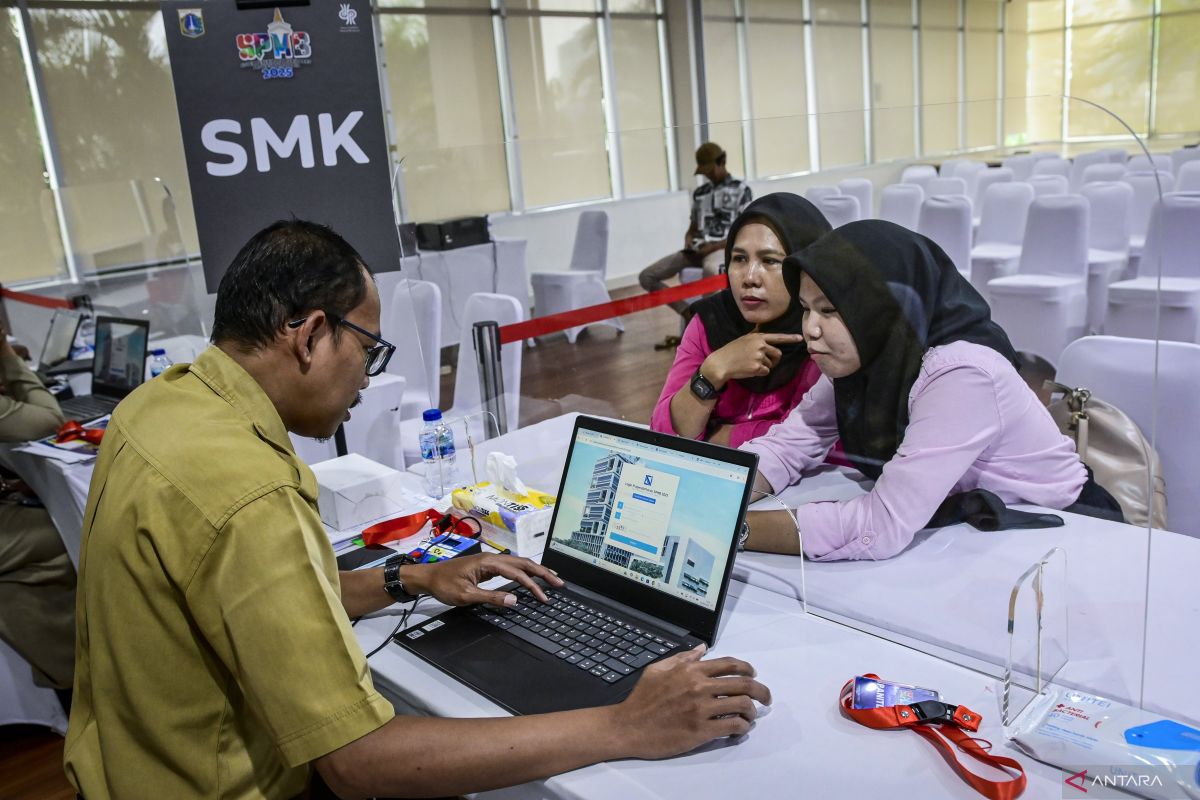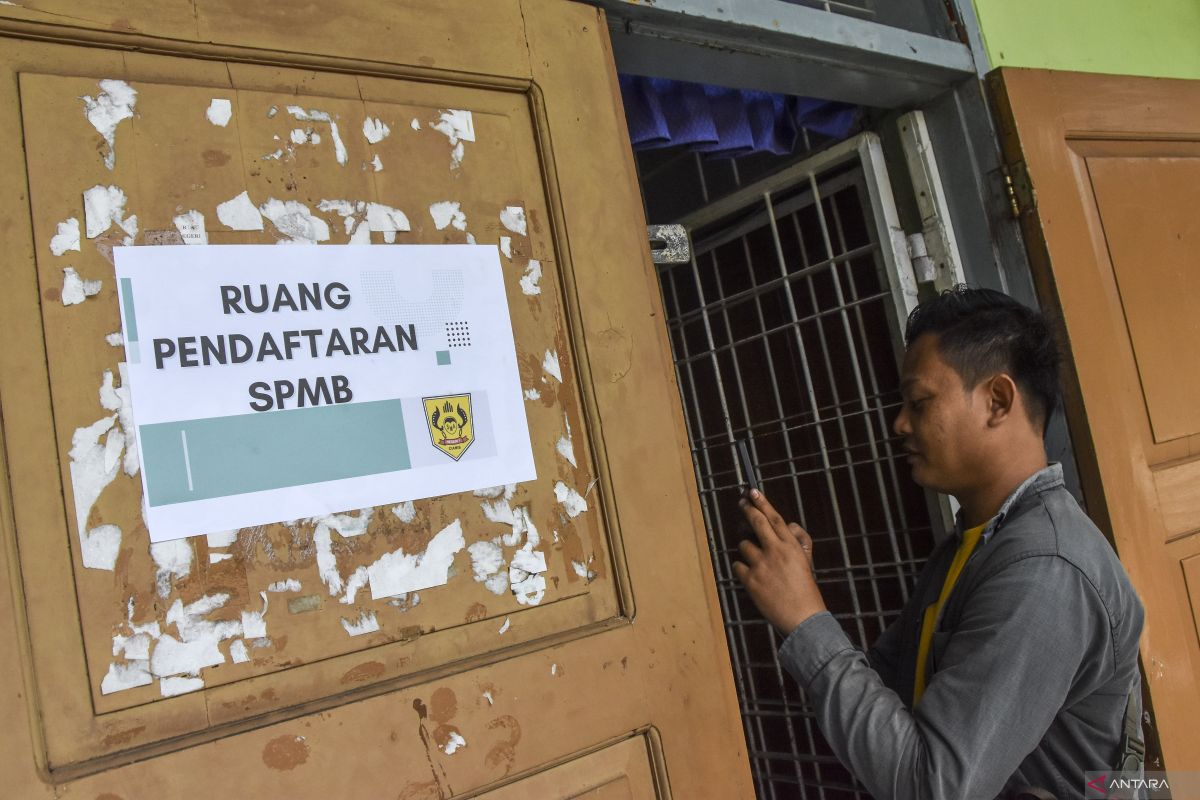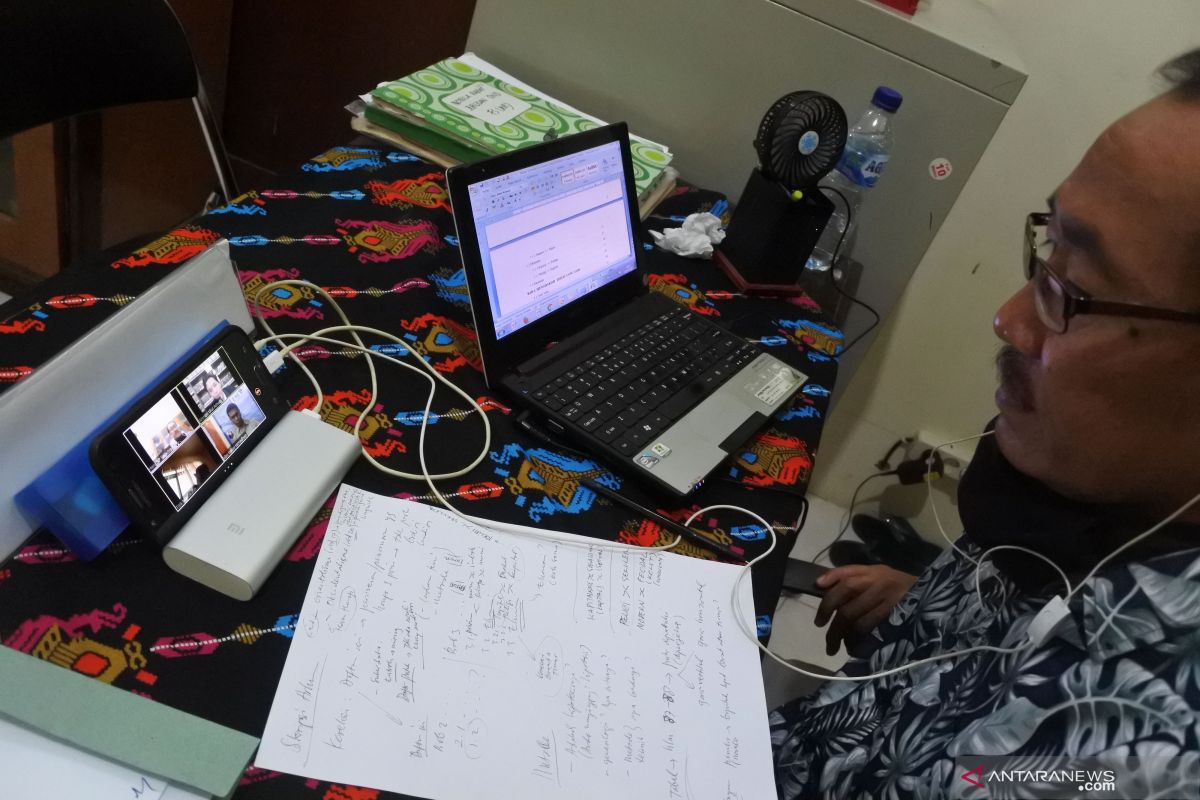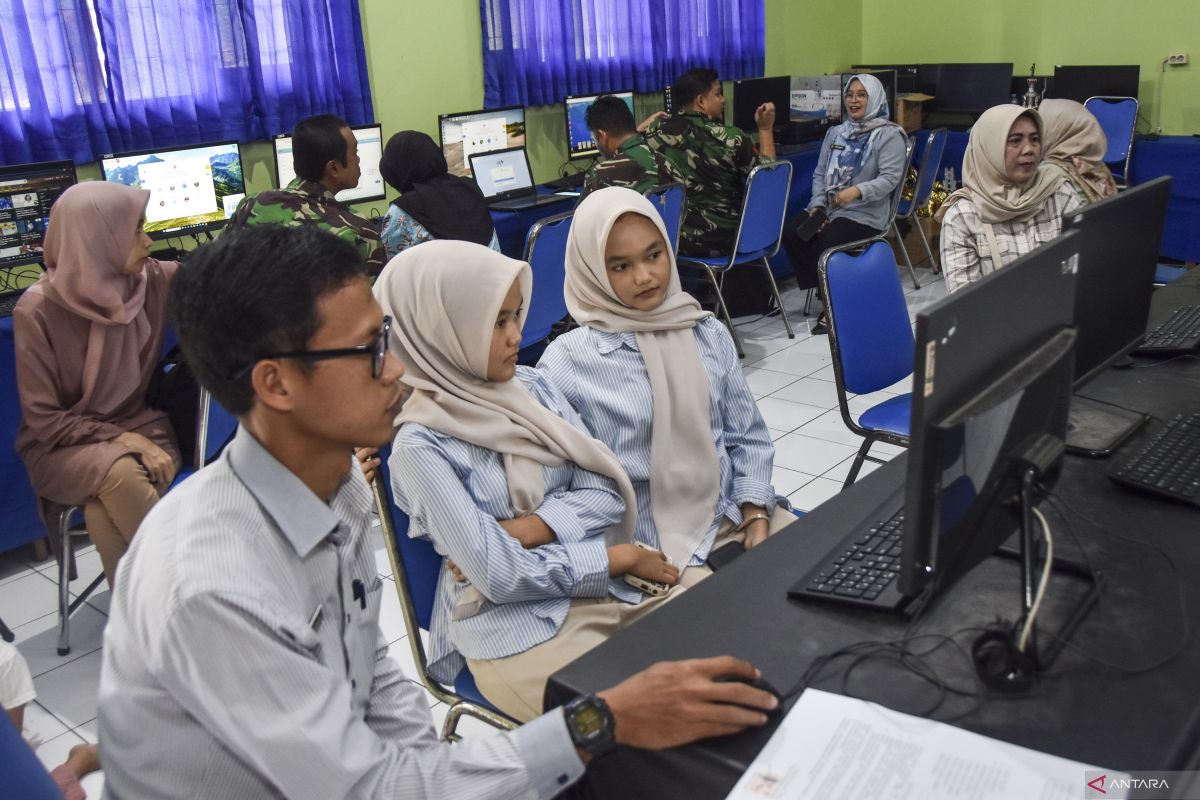Katie Boulter has revealed she received a message stating 'I hope you get cancer' as the British star opened up on the online abuse received by players.
Boulter, the world No39, had shown the BBC a series of messages she had received on social media following the French Open.
The 28-year-old had battled back to win her first round back 6-7, 6-1, 6-1 against France's Carole Monnet last month, marking her first win in the main draw at Roland Garros.
Boulter, however, had received a series of abusive messages after she had lost the opening set on a tie break.
Screenshots showed to the BBC revealed one message sent to Boulter read 'Hope you get cancer, while another referenced damaging her 'grandmother's grave if she's not dead by tomorrow' and 'candles and a coffin for your entire family'.
A third message said: 'Go to hell, I lost money my mother sent me.'
"I hope you get cancer."
No player should suffer social media abuse like this…
Tennis star Katie Boulter has shared some of the "disgusting" and "horrible" messages she regularly receives online.
The British number two says some threats leave her feeling "very vulnerabl pic.twitter.com/z5bN3ooOrB
British tennis star Katie Boulter has revealed the extent of online abuse she receives
Boulter showed the BBC one abusive message which said 'hope you get cancer'
Boulter opened up on abusive messages she received following her first round match at the French Open
The British No2 said abusive messages had become 'the norm' and suggested a lot of the abuse can be linked to gambling, with messages received regardless of wins or defeats.
Boulter claimed abuse is likely to be 'astronomical' at Wimbledon citing an increase at Grand Slams, while nothing she also receives messages based on the performances of her fiance Alex de Minaur, the men's world No12.
She added that sexually explicit images were also an issue, but acknowledged Instagram generally filtered those messages.
'I have noticed that more in my hidden messages or requests, which is a place I don't go to very often,' Boulter said.
'That's also a larger problem. Youngsters really shouldn't be seeing things like that or being sent things like that.'
The Women’s Tennis Association and International Tennis Federation published a report on Tuesday, based on findings from a Signify Group’s Threat Matrix service, which was established in January 2024 with the aim of protecting players from online hate and violent communications.
The service uses AI and human analysts, including risk and fixated threat assessment experts, and operates across all the major social media platforms in over 40 languages.
The report said 1.6 million posts and comments had been analysed from January to December in 2024, with around 8,000 posts sent from 4,200 accounts identified as ‘abusive, violent or threatening’.
Boulter noted she also receives abuse about her fiance Alex de Minaur's performances
Boutler said she expects abuse to be 'astronomical' at Wimbledon with messages ramping up around Grand Slams
The WTA and ITF said the 15 accounts were escalated to law enforcement.
A total of 458 players were targeted with direct abuse or threat, with five players received 26 per cent of the total abuse identified. The service also found 97 prolific accounts were responsible for 23 per cent of all detected abuse.
The Women’s Tennis Association and International Tennis Federation published a report on Tuesday, based on findings from a Signify Group’s Threat Matrix service, which was established in January 2024 with the aim of protecting players from online hate and violent communications.
The service uses AI and human analysts, including risk and fixated threat assessment experts, and operates across all the major social media platforms in over 40 languages.
The report said 1.6 million posts and comments had been analysed from January to December in 2024, with around 8,000 posts sent from 4,200 accounts identified as ‘abusive, violent or threatening’.
The WTA and ITF said the 15 accounts were escalated to law enforcement, including the FBI and national law enforcement bodies, with individuals responsible banned from having access to tennis venues.
A total of 458 players were targeted with direct abuse or threat, with five players received 26 per cent of the total abuse identified. The service also found 97 prolific accounts were responsible for 23 per cent of all detected abuse.
The report also noted that angry gamblers had sent 40 per cent of all detected abuse late year, as they sought to cause direct emotional distress to players following lost bets.
US star Jessica Pegula had spoken out against abuse from gamblers earlier this month
‘Protecting players and the wider tennis family from vile online threat and abuse is a key priority for us,’ an ITF and WTA spokesperson said.
‘Today’s report covering the first year of the Threat Matrix service shows the scale of the problem and, crucially, the actions being taken to protect our athletes. From law enforcement escalation and platform intervention to banning abusers from our events, perpetrators must understand that they will face consequences for their actions.
‘Given the clear evidence highlighted by Threat Matrix on the link between angry gamblers and prolific online abuse and threat, we are calling for a constructive dialogue with the gambling industry to help tackle this issue.
‘Everyone -- betting operators, social media platforms, governing bodies, players and law enforcers -- has a responsibility to make the online space a safer and more positive one. We hope the gambling industry responds constructively to our call for more action on their part.’
Jessica Pegula had earlier this month had revealed online abuse following her French Open defeat, taking aim at 'insane and delusional' bettors.
Five-time Grand Slam champions Iga Swiatek and France's Carolina Garcia have previously spoken out about abuse in recent months.
Gael Monfils, the veteran French men's star, also took aim at gamblers online in a light hearted response to messages earlier this month.
'This is not financial advice,' Monfils said. 'But really? You're still betting on me? First tournament on grass, I play Alex Michelsen, 20 years old, No. 35 in the world, and you want to bet on me?
'You're writing that I'm s***, I know I'm s***, we both know I'm s***, and you still bet on me?. Who's the dumbest between you and me? Let's be honest.'

 3 months ago
47
3 months ago
47

















































